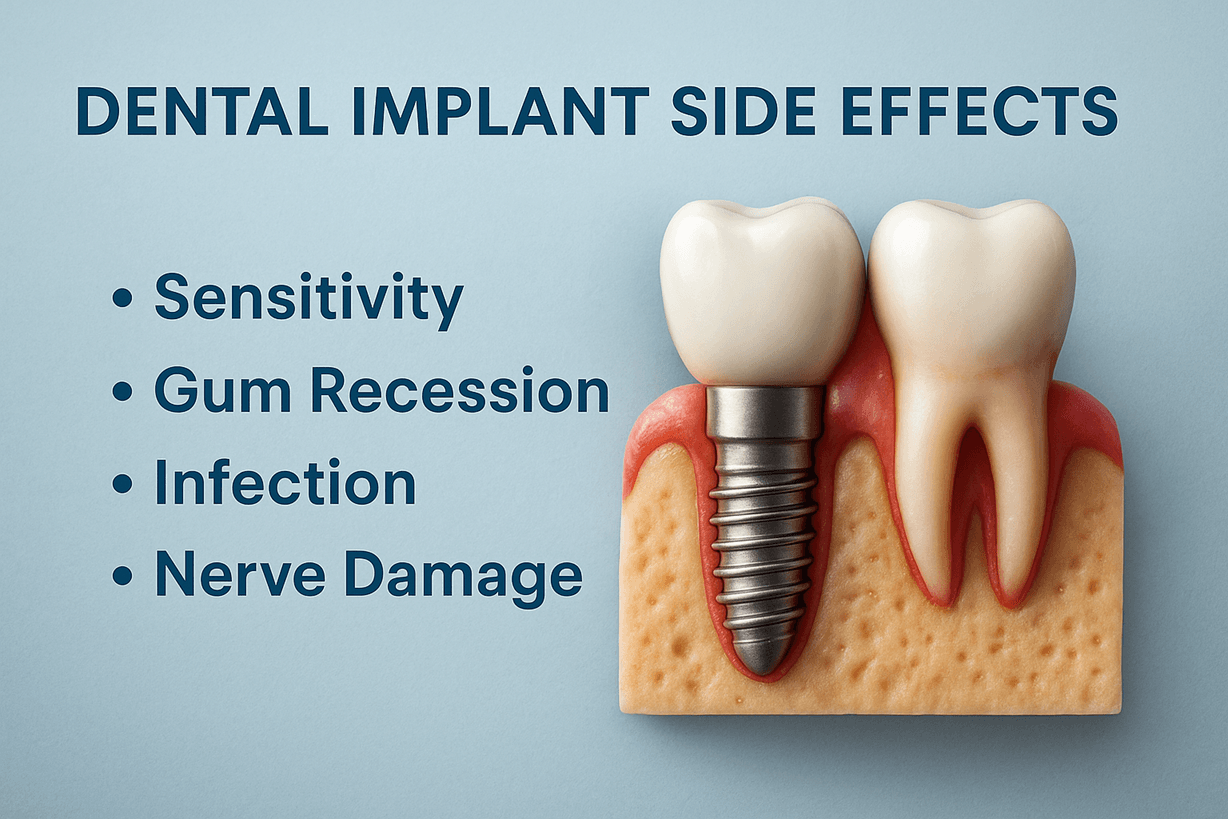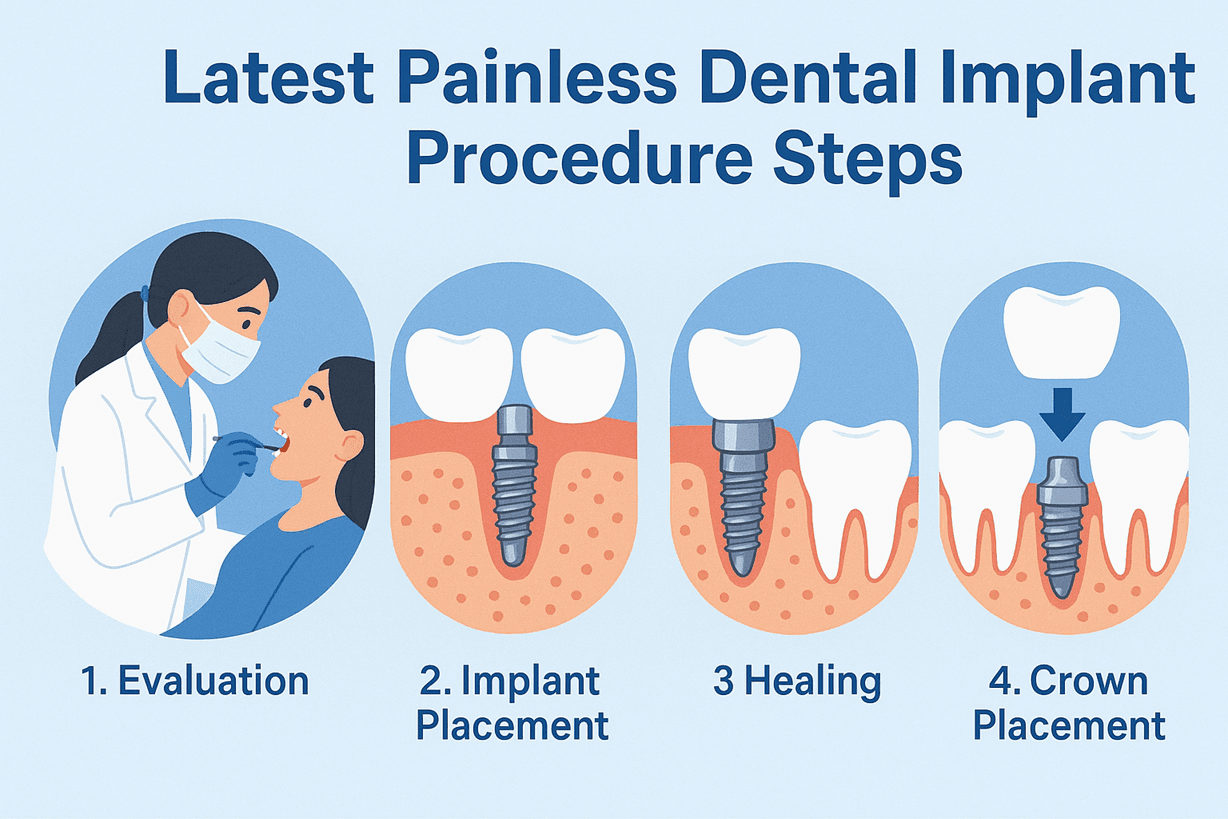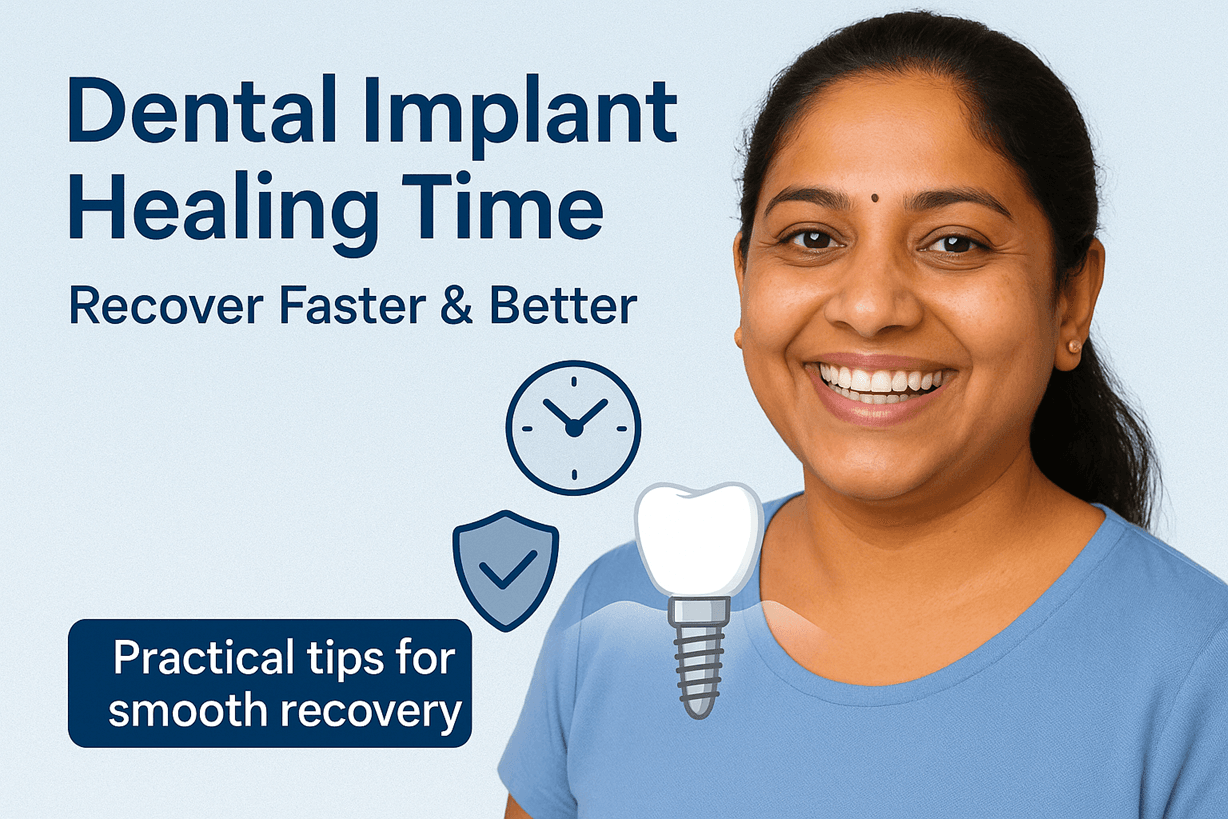Contents
- How to Avoid Bad Breath in the Morning?
- What to Eat to Avoid Bad Breaths?
- How to Brush Your Teeth to Avoid Bad Breaths?
- How to Avoid Bad Breath with Braces?
- What to Do to Avoid Bad Breaths?
- Conclusion
An uncomfortable physical condition or bad breath can also be a major social turnoff, causing friends and acquaintances to shun you.
It can harm your work relationships if it is not appropriately treated.
You must first determine what causes your foul breath before you can learn how to eliminate it.

You might be able to contact your doctor or dentist and permanently get rid of bad breath if it's the result of an infection or a side effect of a certain medicine.
But most of the time, there isn't a quick treatment for foul breath. Poor food or oral hygiene can also contribute to bad breath, therefore self-care is necessary to prevent it.
If the cause is simple, such as bad oral hygiene, treatment of bad breath becomes simple.
How to Avoid Bad Breath in the Morning?
Morning breath can be cured, although most people would like to avoid it entirely.
What you consume in your body is really important:
Drink plenty of water, especially before going to bed at night. This keeps you moisturised, reducing dry mouth and poor breath.
Avoid strong-smelling meals like garlic or onion at night, and skip coffee (even decaf) once the afternoon is finished. Finally, a nutritious, well-balanced diet can benefit your general health and can help decrease morning breath.
Giving up cigarettes can improve your breath instantaneously, day or night.
What to Eat to Avoid Bad Breaths?
Apart from this, some foods help in combating foul breath.
Some of these items are probably already a part of your diet, so using them to combat bad breath is simple.
Choose a few of your favourites from the list below for immediate solace.
Fresh fruits and Vegetables.
Yoghurt.
Herbs and Spices.
Sugar-Free Gum.
Cherries.
How to Brush Your Teeth to Avoid Bad Breaths?
Brushing is an effective way to remove plaque — a sticky, bacteria-laden biofilm that clings stubbornly to your teeth.
The bacteria in plaque produce acids, which erode the tooth's enamel and may lead to tooth decay.
Plaque can also cause gum disease and bad breath. In fact, it's believed that over 90% of dental disease is caused by plaque accumulation alone.
Brushing Techniques That Work
To begin, take a small-headed, soft-bristled toothbrush, carefully grab it with your fingers (rather than your fist), and squeeze on a pea-sized dab of fluoride toothpaste.
Gently press the bristles against the outside of your upper teeth, at the gum line, at a 45-degree angle upward.
Sweep the brush softly back and forth over the teeth and gums in soft strokes — or, if you prefer, clean the teeth in an elliptical (circular) motion.
Clean the crevices between your teeth.
After one brush-width, move to the next section of your teeth and repeat.
It's now time for the chewing surfaces: Clean the ridges and valleys of the back teeth while holding the bristles flat on the molars. Carry it out.
Finally, brush your tongue gently to remove bacteria and freshen your breath.
How to Avoid Bad Breath with Braces?
Braces can make it challenging to maintain good oral hygiene and prevent bad breath.
Here are some tips to help you avoid bad breath while wearing braces:
Brush and floss regularly:
It's important to brush and floss at least twice a day to remove any food particles and plaque from your teeth and braces.
Use a soft-bristled brush and fluoride toothpaste, and make sure to brush all surfaces of your teeth, including the brackets and wires of your braces.
Use an interdental brush:
An interdental brush can help you clean between the brackets and wires of your braces, where food particles and plaque can accumulate.
Use the brush gently to avoid damaging your braces or gums.
Rinse with mouthwash:
Rinsing with mouthwash can help kill bacteria and freshen your breath.
Choose an alcohol-free mouthwash to avoid drying out your mouth.
Drink plenty of water:
Drinking water can help flush out food particles and bacteria from your mouth, and keep your mouth hydrated.
It also helps stimulate the production of saliva, which helps fight bad breath.
Avoid certain foods:
Foods that are sticky, sugary, or starchy can get stuck in your braces and lead to bad breath.
Avoid foods like candy, popcorn, and chips, and opt for healthier snacks like fruits and vegetables.
What to Do to Avoid Bad Breaths?
1. Eat to Improve Your Breathing
Increase the amount of raw foods in your diet, particularly celery, apples, and carrots.
It helps to scrape away plaque and fights bacteria buildup in the mouth.
It's best to limit your dessert intake, and did you know that it can impact your breath?
Refined foods and white sugar might overfeed some microorganisms in your mouth, causing an odour.
Mouthwash Many individuals swish mouthwash around in their mouths to eliminate bacteria that produce bad breath. Gargling, in fact, can kill both healthy and dangerous germs.
2. Probiotics are worth a shot.
If you eat more items that contain healthy bacteria, you may alter the good-to-bad ratio in your mouth, resulting in a healthier breath.
Probiotics (healthy bacteria) can be found in yoghurt, kefir, sauerkraut, and miso.
When you eat the yoghurt, you swish it around in your mouth and hopefully get it to work for your mouth.
3. Combat Dry Mouth
When your mouth is dry, bad breath is typical.
You may get comfort by using fake saliva and drinking plenty of water.
Conclusion
An uncomfortable physical condition or bad breath can also be a major social turnoff, causing friends and acquaintances to shun you.
The disease can harm your work relationships if it is not appropriately treated. Consult your doctor or dentist if the aforementioned remedies do not sufficiently relieve bad breath.
They can determine the cause by performing a physical examination and by asking you a few questions.
Depending on the source of your foul breath, your doctor or dentist can help you permanently get rid of it.


